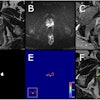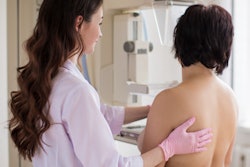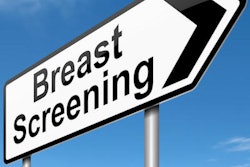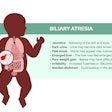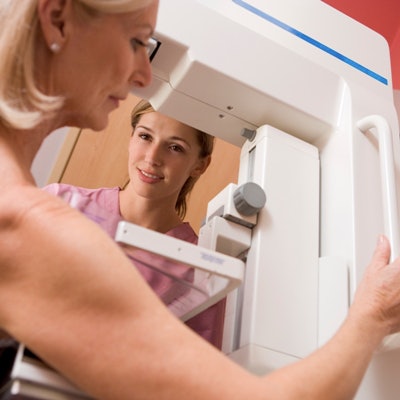
Do women benefit from continuing breast screening beyond the age of 70? Australian researchers are questioning whether they do, based on their statistical model that compared screening through age 69 with screening through age 74, according to a study published online July 10 in the International Journal of Cancer.
The researchers found that performing breast screening for another five years would save one death from breast cancer for every 1,000 women screened. But the group didn't believe that the extra lives saved were worth the "harms" that would be generated by extra screening, such as overdiagnosis of cancer.
The results reflect the larger debate between screening proponents and skeptics over the benefits and harms of mammography, in particular the value that should be placed on harms from screening such as recalls, false positives, and other issues.
Worth it?
Many countries around the world have begun extending screening to women ages 70 and older as life expectancies increase, according to the group led by doctoral candidate Gemma Jacklyn. Case in point: The Australian national breast cancer screening program, BreastScreen Australia, began inviting women between the ages of 70 and 74 to biennial screening in 2013.
The researchers decided to perform the study because they felt there was a lack of information available on the benefits and harms of continuing to screen past age 70, Jacklyn told AuntMinnie.com via email.
"If women are to participate in the decision of whether or not to be screened, they need some quantification of its benefits and risks," she said.
Jacklyn's group evaluated the benefits and harms of this change in protocol, calculating estimates of relative risk reduction of breast cancer mortality and the risk of overdiagnosis using measures taken from the Independent U.K. Panel on Breast Cancer Screening.
For the study, the researchers used a model to assess outcomes such as recalls, biopsies, false positives, interval cancer rates, and projected death rates from data published by BreastScreen Australia. The model was based on an overdiagnosis estimate of 17.8% to 41.5% and a mortality risk reduction range of 18.4% to 42.3%.
Compared with stopping biennial screening at age 69, screening 1,000 women to age 74 would avoid one breast cancer death, based on the model. Of these 1,000 women screened to age 74, 78 more would receive a false-positive result and 28 more would be diagnosed with breast cancer; eight of these 28 additional cancers would be overdiagnosed and overtreated, according to Jacklyn and colleagues.
"The extra five years of screening results in approximately seven more overdiagnosed cancers to avert one more breast cancer death," the authors wrote. "Thus extending screening mammography in Australia to older women results in a less favorable harm-to-benefit ratio than stopping at age 69."
| Effect of extending breast screening through age 74 per 1,000 women | |||
| Biennial screening | Difference | ||
| Age 50-69 | Age 50-74 | ||
| Recalls | 444 | 546 | 102 |
| Biopsies | 150 | 194 | 43 |
| False positives | 387 | 465 | 78 |
| Cancer diagnosis | 75 | 103 | 28 |
| No. of cancer deaths averted | 4 | 5 | 1 |
| No. of overdiagnosed cancers per breast cancer death averted | 5.8 | 6.1 | 0.3 |
Model critique
Using a model to estimate the benefits and harms of extending breast cancer screening through the age of 74 is an effective way to paint an accurate screening picture for women in this age group, according to Jacklyn and colleagues.
"Our analysis enables us to present the marginal benefits and harms of the new policy compared with the previous policy, which can help older women answer the question: What would be the consequences of participating in screening mammography for five more years from age 70 to 74?" the group wrote.
However, the authors conceded that some find the use of a modeling study for this application suspect.
"Criticism of the modeling approach is frequently concerned with difficulty in assessing biases," they wrote. "We do not make complex assumptions about the natural progression of breast cancer ... in our model. Instead, we use estimates from an independent meta-analysis of randomized trials ... and apply these to contemporary Australian data and time periods relevant to screening delivery. The data that underpin our model are robust, and the assumptions are plausible and transparent."
In the end, the early detection of breast cancer involves trade-offs -- and women need to be aware of them, Jacklyn told AuntMinnie.com via email.
"Participating in screening mammography is a choice, not an imperative," she said. "We hope that our information helps women to make a decision and to feel comfortable about choosing to screen or to feel equally comfortable about their decision not to screen."
